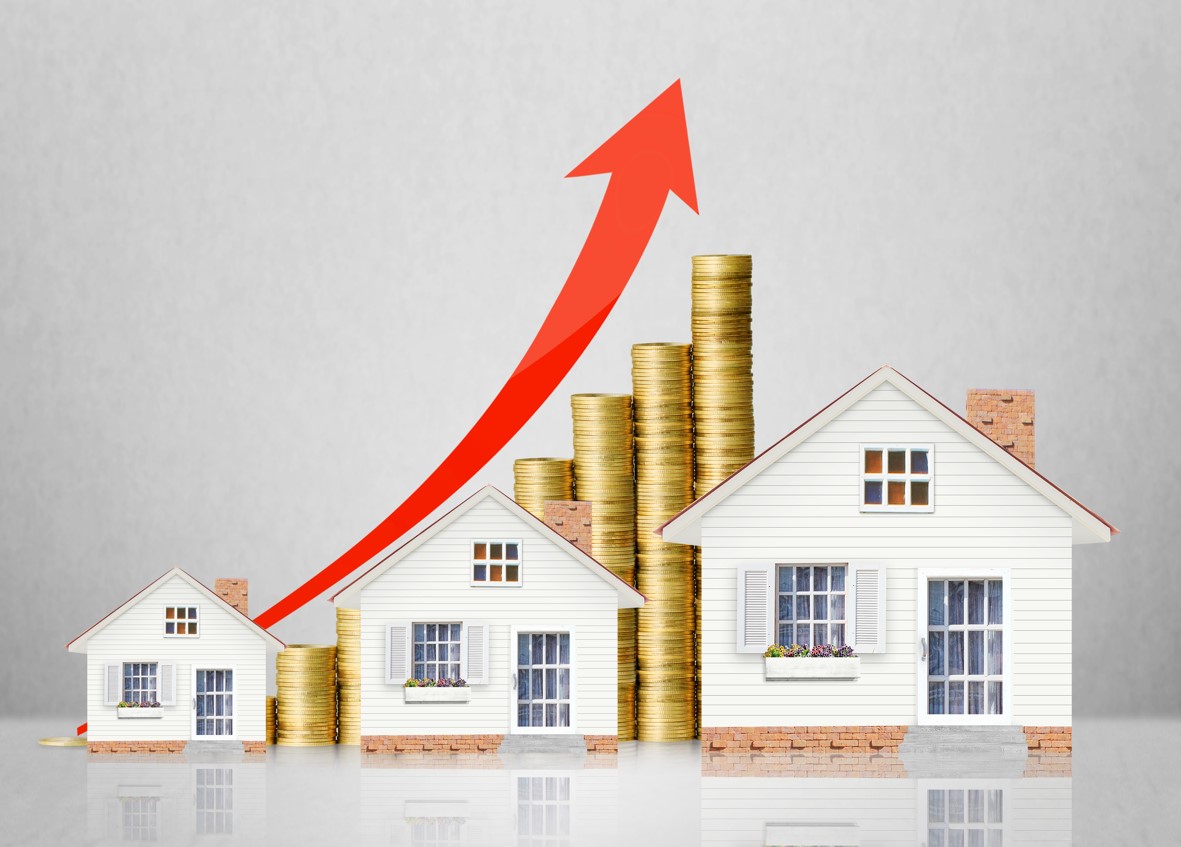
Real estate investments can play an important role in your monthly budget. Decide how much you can afford to save from each paycheck toward your realty investment to eventually buy a rental property or a house to fix up and sell for a profit. Either type of venture has the potential to earn income. Here are some things to consider when preparing for this type of investment.
Down Payment
Unless you plan to buy a house outright, you will need to save enough money for a down payment. You also have to get your finances in good shape by paying down high credit accounts and avoiding large purchases. Calculate how much of a mortgage payment with taxes and insurance you can afford each month. Estimate a down payment of twenty percent or more, and set aside a portion of that amount each month until you have enough for a mortgage loan approval.
Monthly Utilities
After determining how much money you will need to save for the down payment of your investment property, factor in the expense of monthly utilities. Even if you plan to renovate the house and sell it for profit, the monthly utilities will need to be paid until the home is sold to a buyer. Remember that utility costs will vary from one season to the next. You might have to deal with high heating bills in the winter and high air conditioning expenses in the summer. Typical house utilities include HVAC, electric, water and sewer, and trash collection.
Taxes and Property Insurance
Don’t forget to add the costs of taxes and insurance on the property you buy. Although you may be able to recoup these expenses after selling the house or while renting it, that might not happen for a while. You will need to have funds in savings to cover the semiannual property taxes and homeowners’ insurance premiums. Either of these costs can rise unexpectedly, so it is a good idea to save a little extra money in case that happens.
Maintenance and Repairs
In addition to a remodeling budget for updating the property to be sold or rented in the future, you should include funds in your savings plan for maintenance. A furnace can go out unexpectedly, or you might encounter a wildlife invasion of your property that requires professional assistance. A broken water pipe or mold growing in the basement could require repairs. Since these costs are variable, it is advisable to consult a financial planning expert for help in setting up a realistic savings plan for your real estate investment.
Plan your real estate investment carefully to avoid running short of money when an unexpected expense pops up.

